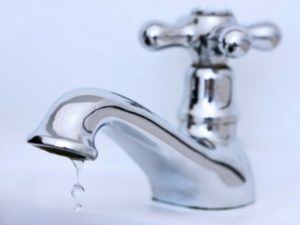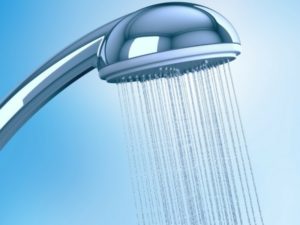Money-Saving Water Leak Detection Guide
One of the most dangerous things about water leaks is the fact that they are easy to ignore on a list of things to fix for a home.
If people aren’t bothered by the dripping sound at night, the leak itself doesn’t seem like such a threatening or expensive problem. We’re here to show that this isn’t the case, and it all starts with asking three important questions.
Why Are Leaks Bad?
Leaks are bad because they are sometimes an indicator to you that you have a problem in your plumbing that is now set to grow. This leaves you to ask one more question of yourself.
Do you prefer to deal with smaller, less expensive and intrusive problems? Or do you do enjoy spending a lot of money to fix a catastrophic break?
Leaving a leak alone often means you are choosing to wait for that break.
Even if you don’t experience a break in your pipe or water damage to your home, that leak is costing you money. A leak in the home can waste between 2,000 to 20,000 gallons of water per year.
And even if you never go to use it, you pay for it every month on your water bill.
How Do You Track A Leak Down?
 Lucky homeowners won’t have to work hard to track down less severe leaks.
Lucky homeowners won’t have to work hard to track down less severe leaks.
They might be visible right on a tap, and just need a little bit of tightening to the fixture to solve the problem.
Other leaks might be audible but not visible. That will require a bit more legwork and exploration to resolve.
You’ll need to inspect other fixtures like toilets and the water heater.
As well as the pipes throughout the home, such as the sewage pipes that carry out waste, or the water pipes that run throughout the house to different faucets.
In some cases, you may need to use additional tools like your water meter to gauge the extent of the leak.
How Do You Prevent Leaks?
You won’t always have complete control over leak prevention, but taking some preventive steps, like regular inspection of your pipes, can help a lot.
If you take the time to look them over, you may find small leaks and be able to address them while they’re still relatively minor issues.
There are, however, things that you can do that may proactively help to prevent leaks from occurring in your pipes.
 If you prefer using “hard water”, water with more minerals in it, this can contribute to the erosion of pipes.
If you prefer using “hard water”, water with more minerals in it, this can contribute to the erosion of pipes.
Soft water is gentler.
And if you like to keep your water pressure high, this is also putting more of a strain on your pipes.
Try keeping it at a lower pressure instead.
Making these changes can increase the lifespan and durability of the pipes in your home.
